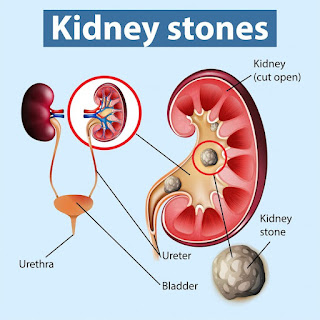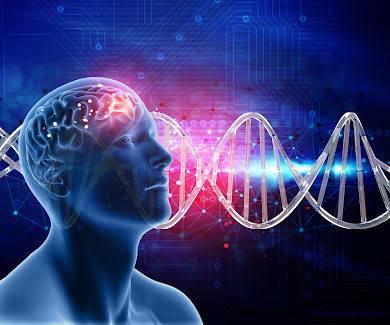The Basics of Kidney Health: Understanding Nephrology
Nephrology, a branch of medicine focused on the study and treatment of kidney diseases, plays a crucial role in maintaining human health. The kidneys often referred to as the body's filtration system, perform essential functions that contribute to overall well-being. In this blog, we delve into the fascinating world of nephrology, exploring the anatomy and functions of the kidneys, common kidney disorders, diagnostic methods, treatment options, and the importance of kidney health in everyday life.
Anatomy and Function of the Kidneys The kidneys, two bean-shaped organs located on either side of the spine, are responsible for filtering waste products and excess fluids from the blood to form urine. Apart from waste elimination, they also regulate electrolyte balance, blood pressure, and red blood cell production. Each kidney contains millions of tiny structures called nephrons, which filter blood and remove waste products through a complex process involving filtration, reabsorption, and secretion.
Common Kidney Disorders Various factors such as genetics, infections, autoimmune diseases, and lifestyle choices can lead to kidney disorders. Some common kidney conditions include:
- Chronic Kidney Disease (CKD): CKD is a progressive condition characterized by the gradual loss of kidney function over time. It can result from diabetes, high blood pressure, glomerulonephritis, or other underlying health issues.
- Acute Kidney Injury (AKI): AKI occurs suddenly, often due to conditions such as severe infections, dehydration, or drug toxicity. It requires prompt medical attention to prevent complications.
- Kidney Stones: These are hard deposits of minerals and salts that form within the kidneys or urinary tract. They can cause intense pain and may require medical intervention for removal.
- Polycystic Kidney Disease (PKD): PKD is a genetic disorder characterized by the growth of fluid-filled cysts in the kidneys, leading to kidney enlargement and impairment of function over time.
Diagnostic Methods Diagnosing kidney disorders typically involves a combination of medical history assessment, physical examination, and diagnostic tests. Common tests used in nephrology include blood tests to measure kidney function (e.g., serum creatinine, blood urea nitrogen), urine tests to assess urine composition and kidney damage, imaging studies (e.g., ultrasound, CT scan) to visualize kidney structure, and kidney biopsy for obtaining tissue samples for detailed analysis.
Treatment Options Treatment for kidney disorders depends on the underlying cause and severity of the condition. In many cases, lifestyle modifications such as dietary changes, weight management, and regular exercise can help manage kidney disease and prevent progression. Medications may be prescribed to control blood pressure, manage electrolyte imbalances, or treat underlying conditions contributing to kidney dysfunction. In advanced cases, treatments like dialysis or kidney transplantation may be necessary to replace lost kidney function and sustain life.
Importance of Kidney Health Maintaining optimal kidney health is essential for overall well-being. Simple lifestyle changes such as staying hydrated, eating a balanced diet low in sodium and processed foods, exercising regularly, avoiding excessive alcohol consumption, and not smoking can significantly reduce the risk of kidney disease. Regular health check-ups and monitoring of blood pressure and blood sugar levels are also crucial for early detection and management of kidney disorders.
Conclusion Nephrology plays a vital role in the prevention, diagnosis, and treatment of kidney diseases, which can have significant implications for health and quality of life. Understanding the anatomy and function of the kidneys, recognizing common kidney disorders, and adopting healthy lifestyle habits are essential steps in safeguarding kidney health. By prioritizing kidney health through proactive measures and timely medical intervention, individuals can strive towards maintaining optimal well-being and longevity.
Thank you for visiting here,
Kharghar Multispeciality Hospital.
For more information:
Contact: +91 9594810508 | +91 9594910508
Location: The Crown, first & second floor, plot no 15,16, sector 15, Kharghar, next to D-mart and Reliance Digital, Kharghar, Navi Mumbai, Maharashtra 410210.




Comments
Post a Comment